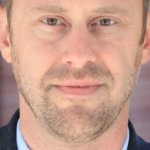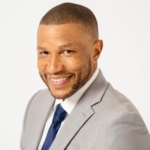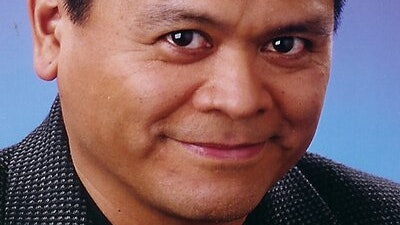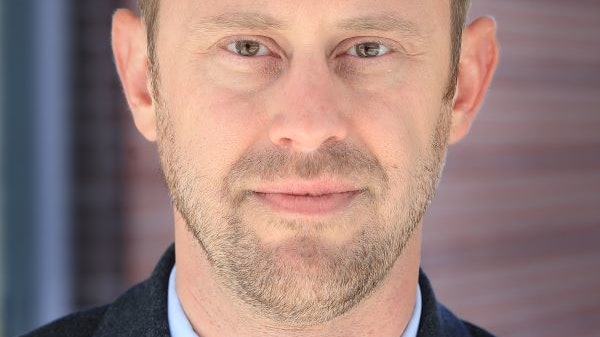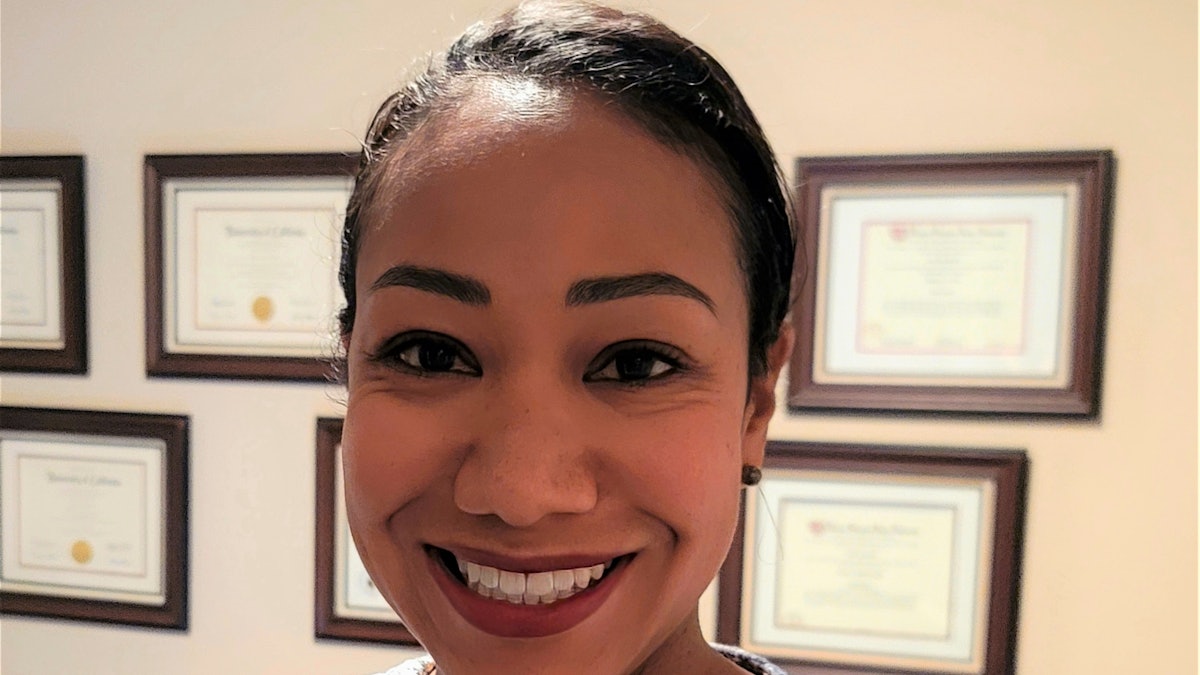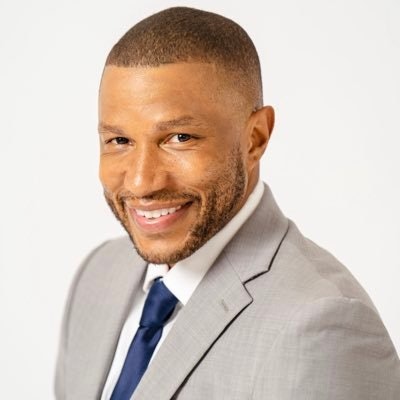The last time I wrote about Harvard in this space, there was a real sense of hope.
It seemed interim President Dr. Alan Garber had managed to peacefully end the protest encampments in Harvard Yard without arrests and well ahead of graduation and alumni celebrations in May.
Hurray for Harvard?
I had even stopped short to say maybe Garber should no longer be interim, but permanent.
Thank goodness I refrained.
The last few weeks have been a nightmare for Harvard, for higher ed, and for diversity.
 Emil Guillermo
Emil Guillermo
The Congressional hearing featured the squawking of U.S. Rep. Elise Stefanik, on the short list to be the running mate of Donald Trump (whom I’ve dubbed “CFDT34,” for “convicted felon, Donald Trump,” and his 34 guilty verdicts). The hearing was both the reset and the beginning of the new right-wing reversal of just about everything diversity advocates had sought for years.
As fire fighters, we may have celebrated too soon that the fire had been put out.
Now it’s re-lit and rages on.
BACKWARD STEPS
Among the reversals since January is the victory to eliminate racist standardized test as an admission requirement. Harvard led the way in banning the discriminatory tests, then reversed course in April. The decision was based on research by a professor funded by Bill Ackman, the hedge fund billionaire leading the overall charge against DEI nationwide.
Other schools then followed. Last week, Stanford said it was requiring tests for the fall of 2025.
Then, there are diversity statements for faculty seeking employment. Harvard ended that requirement last month. Right-wing critics said it was a limitation on academic freedom. Other schools, I’m sure, will soon follow suit.
But more concerning is how Harvard ended the protest encampments last month. Harvard didn’t want to be Columbia and Yale where protests resulted in hundreds of arrests.
Garber instead didn’t engage and took a hard line. First, he referred the protestors’ cases to the disciplinary administrative boards of the different schools within the university. But then Garber placed protestors on immediate involuntary leave, which according to professors Andrew Manuel Crespo and Dr. Kirsten Weld in their essay in The Chronicle of Higher Education, is usually reserved for those who are a threat to themselves or campus safety, had the effect of “stripping them of active enrollment status without hearings or fact-finding.”
Is due process or democracy in higher ed really required?
Some 300 faculty members thought so, and urged Garber to engage in talks, which he did.
But this is where there is some disagreement. In the talks, Garber told the students if they took down the encampment he would “encourage” the administrative boards and other disciplinary bodies to address the matter so that individuals, if eligible to do so, could walk the stage and graduate.
All of Harvard’s graduate and professional schools withheld disciplinary sanctions, but Harvard College, the sacred undergraduate womb, did not.
On May 17, 23 undergraduates, with 13 seniors among them, were told they would be given one to two years’ probation and be removed from good standing. For the 13 seniors, one of whom had been named Rhodes Scholar, degrees would be withheld for a year or longer.
There was no promise of leniency, though perhaps, that’s what the students heard and understood when they talked to Garver and agreed to take down the encampment.
The faculty again rallied for the students. It looked for a way to allow the seniors to graduate, by voting to keep the disciplinary sanctions of the ad board. And since the rule to withhold degrees was based on the “Harvard Student Handbook,” which had been written by faculty and is subject to faculty vote, the matter was simple.
The faculty voted to override the rule the College’s ad board relied on to deny the graduating seniors.
But that set up a final vote by Harvard’s corporate board, which includes all the conservative hedge fund managers who oversee the university’s $51 billion endowment. Except for former presidents of the college, few of the corporation members have any background in education.
In a secret meeting, the corporation overruled the faculty. Garber, as the interim had a vote, and through a spokesperson put out a statement saying, “It’s up to the corporation and not Interim President Garber as to what happens with these students.”
That set up the public show down on graduation day when 1,000 people walked out of the Harvard graduation as corporation members sat on the dais.
They were not moved. The graduating protestors — the Harvard 13 — did not get degrees.
The corporation is now calling the shots. Not the faculty, whose job it has usually been to confer degrees, as it is in most institutions. But here the faculty and the students were denied.
And so, when it comes to academic freedom, freedom of speech, political freedom, higher ed can take notice of this new Harvard Model.
It’s an evolving “academic authoritarian” model, a hard-ass view of the rigid world with little or no compassion for its charges, the students. Oh, they may not get arrested, but for students pursuing higher degrees, the denial of a degree is far more impactful.
The fight has now gone from protesting an inhumane war to who gets to define the existential questions of higher ed? Who governs and controls the university itself? The faculty or the endowment folks a/k/a the “Corporation?”
Right now, at Harvard, the Corporation is winning.
That seems to be the score at the House of Veritas where President Garber remains “interim,” though as he humbly said himself, it’s all about the Corporation.
If the goal is to protect the brand at all costs, then at Harvard it’s the endowment over enlightenment, every time.
Is your school next?
Emil Guillermo is a journalist and commentator. A former adjunct professor, he writes for the Asian American Legal Defense and Education Fund.
#Harvards #Academic #Authoritarians #Rule #Higher #Eds #Future
